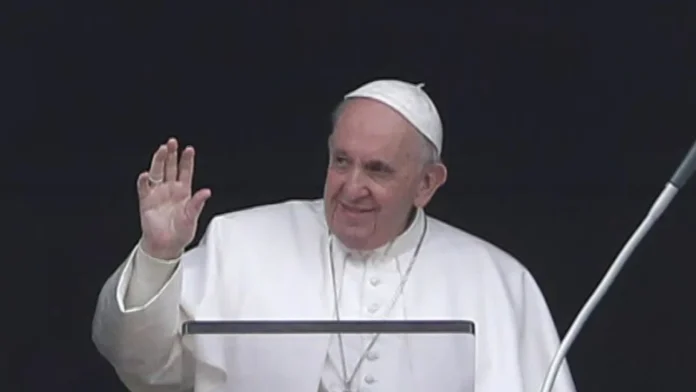In a groundbreaking move, Pope Francis has officially approved the blessing of same-sex couples, marking a significant departure from traditional Vatican policy. The decision, detailed in a document from the Vatican’s doctrine office released on Monday, aims to emphasize God’s love and mercy without subjecting individuals to exhaustive moral scrutiny.
This transformative development follows a preliminary response by Pope Francis in October, where he hinted at the possibility of blessing same-sex unions under specific circumstances, provided they did not conflate with the sacrament of marriage. The newly released document expands on this stance, signaling a radical shift in the Church’s approach to LGBTQ+ issues.
The document underscores the Pope’s commitment to inclusivity, asserting that individuals seeking God’s love and mercy should not be burdened by rigorous moral analysis. This departure from previous doctrines reflects a more compassionate and open-minded perspective within the Catholic Church.
About Blessing Same-Sex Unions:
Pope Francis has long been regarded as a progressive figure within the Church, advocating for a more inclusive and understanding approach to various social issues. This recent decision aligns with his vision of a Church that embraces diversity and extends compassion to all its followers.
While some conservative factions within the Church may express reservations, Pope Francis appears determined to foster an environment of acceptance and love. The emphasis on avoiding confusion between the blessing of same-sex unions and the sacrament of marriage showcases the delicate balance the Church aims to strike in modernizing its practices while maintaining its core beliefs.
This historic shift in Vatican policy is likely to have far-reaching implications, influencing discussions on LGBTQ+ rights within religious contexts globally. The Pope’s willingness to adapt traditional teachings to align with evolving societal norms reflects a recognition of the need for religious institutions to engage with contemporary issues.
As the Catholic Church navigates these changes, the world watches closely to see how this pivotal decision will impact the Church’s relationship with its diverse congregation and its role in shaping conversations surrounding love, acceptance, and faith in the 21st century.


